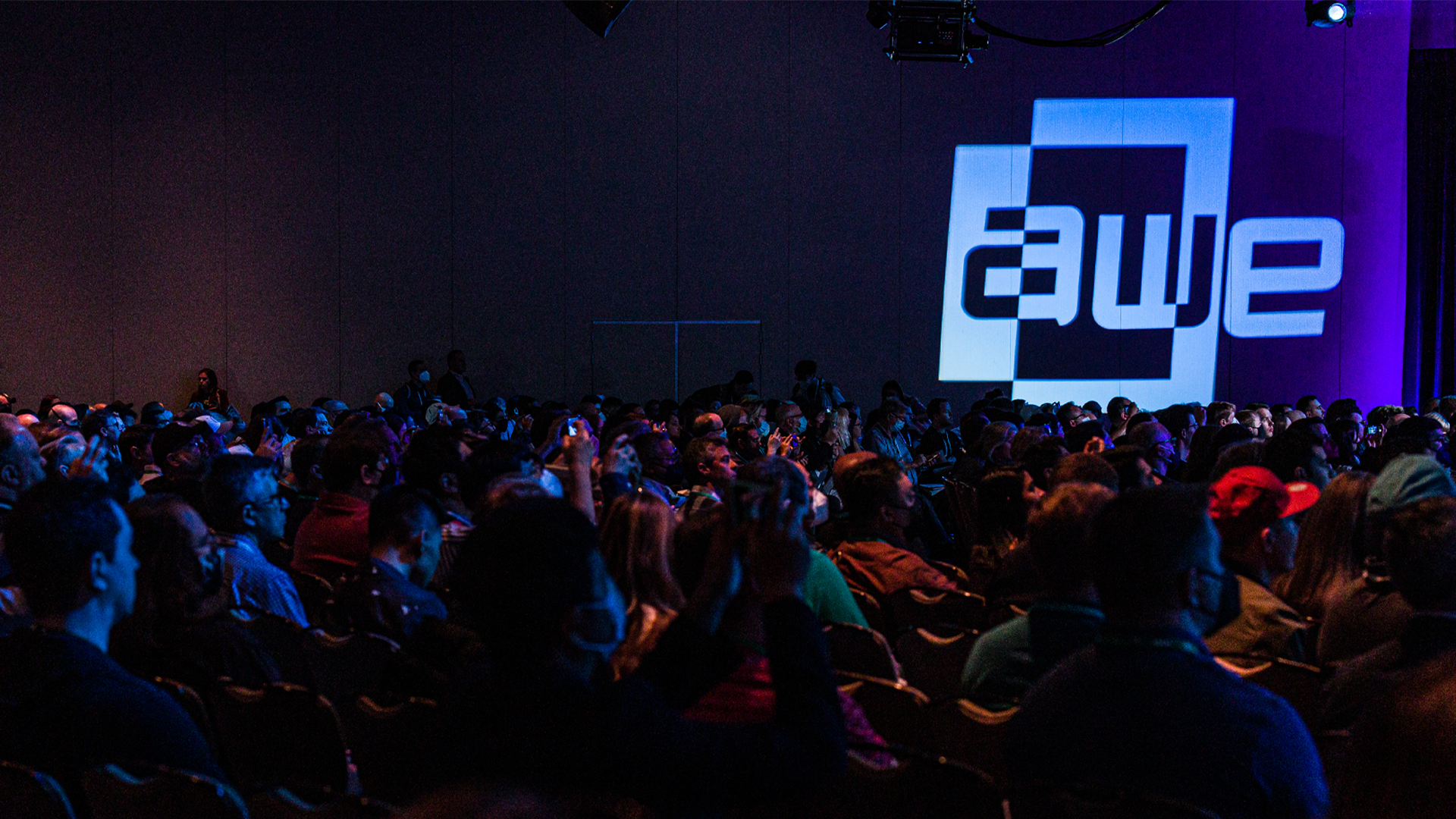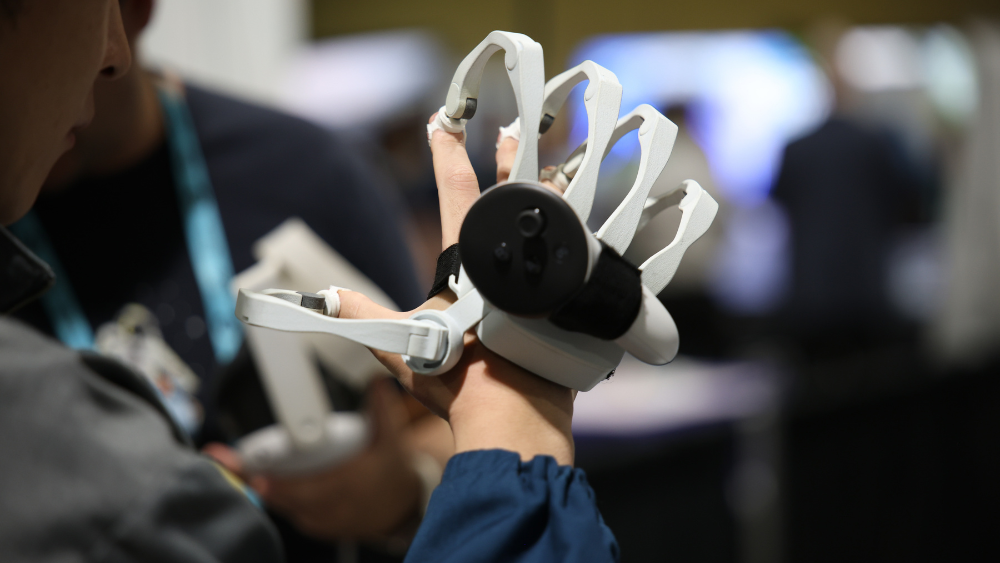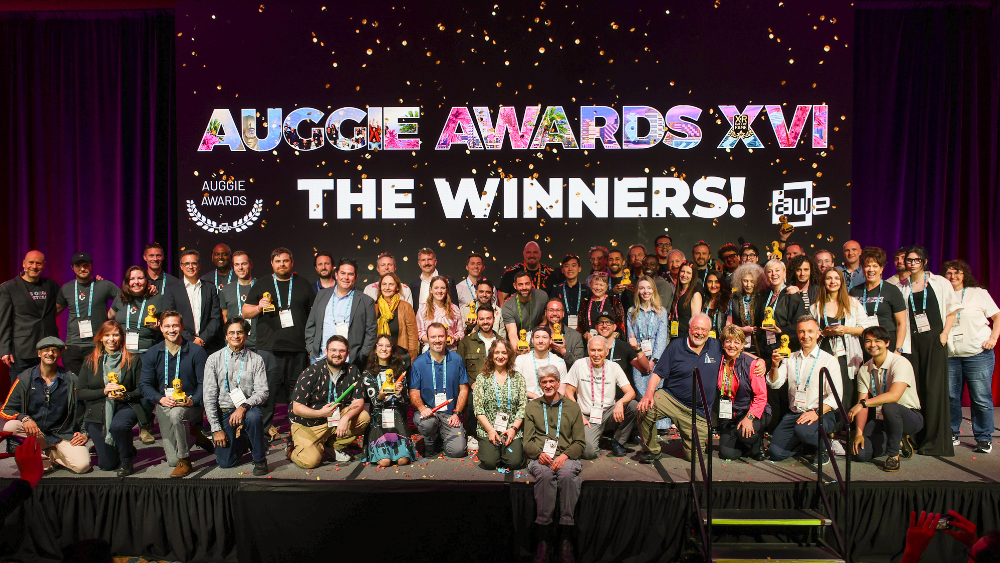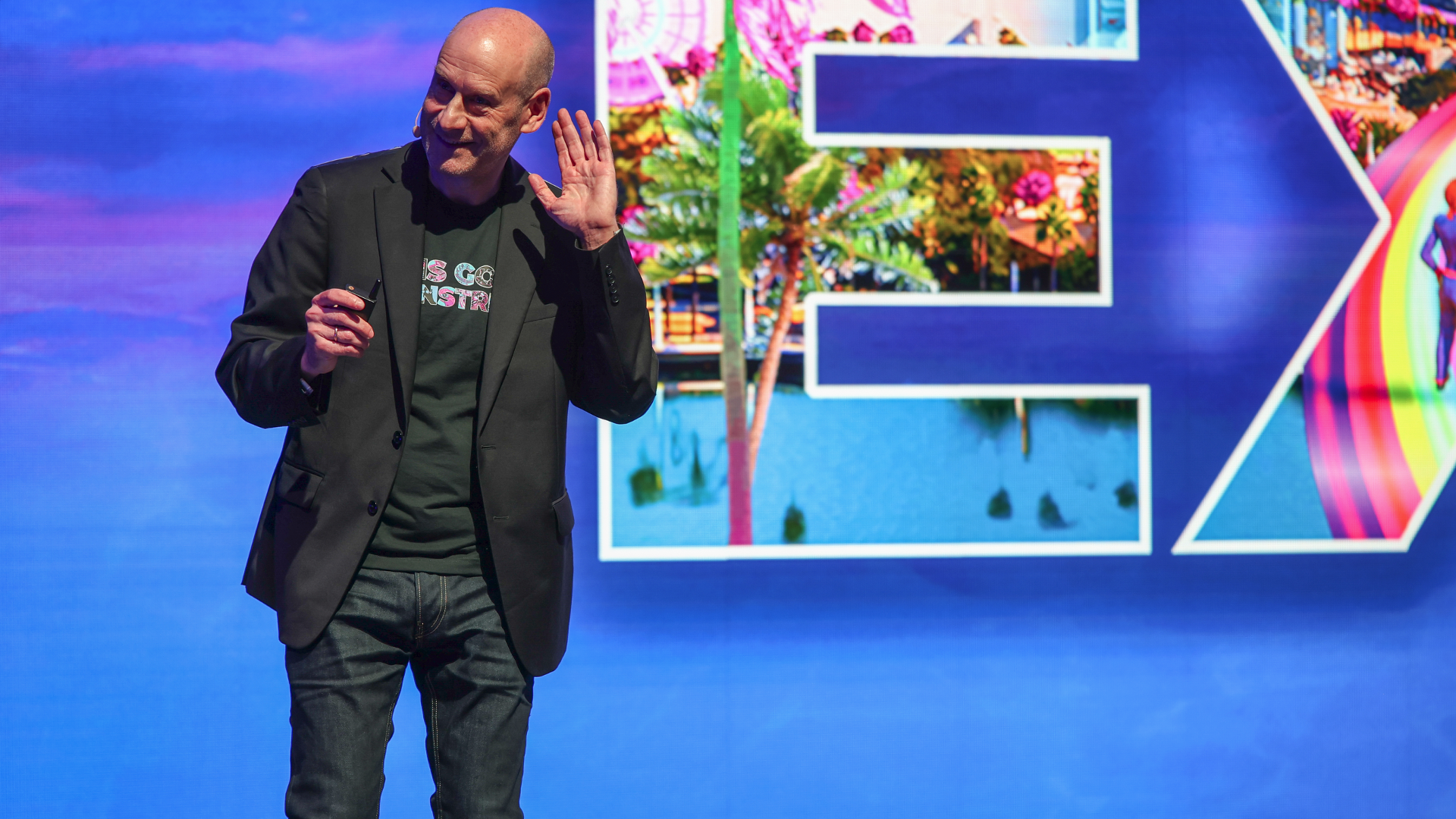Welcome back to AWE Talks, our series that revisits the most engaging content from AWE’s catalog of presentations and panel discussions. With an extensive library of content from AWE USA 2022, there's still plenty to dive into.
This week, we ask the question: Is the metaverse (or should it be) more like the Matrix or Minority Report, or points in between? A panel of XR innovators and influencers tackle the question.See the summarized takeaways below, along with the full session video. Stay tuned for more video highlights each week and check out the full library on awe.live and AWE’s YouTube Channel.
– Will the metaverse be more like the Matrix (fully virtual) or Minority Report (augmented)?
– The answer is "both," as well as other points along that spectrum, situationally dependent.
– VR gets a bad wrap for being too isolating and antisocial, but it can have virtues.
– For example, limiting work travel and all the strain and environmental damage that comes with it.
– AR meanwhile has several benefits in keeping us in the real world, but adding digital depth.
– But these technologies don't have to be binary. They can coexist and developers can build for both.
– Meanwhile, challenges exist in building all of the above... in both technology and culture.
– For the former, companies like Magic Leap have technical and design challenges to overcome.
– For example, there's a tradeoff in graphical intensity and functionality versus bulk.
– ML balances these while trying to make the best spatial experience possible.
– It will then slim down over time, pursuant to an all-day wearable. But that could take a while.
– Meanwhile, other challenges loom, such as privacy, especially with immersive experiences.
– That rich experience requires cloud spatial data and even biometric data (e.g., eye tracking).
– So data collection is unavoidable: The name of the game will be transparency for what and why.
– As for cultural challenges, users aren't really asking for metaverse experiences en masse.
– Their adoption will be key for "planet scale AR" which requires crowdsourced participation
– And consumer brands don't really know what to do with it, nor how to conceptualize the metaverse.
– These impediments will be hammered out, just like past tech revolutions, but it could take a while.
For more color from panel, check out the full session below...
 Want more XR insights and multimedia? ARtillery Intelligence offers an indexed and searchable library of XR intelligence known as ARtillery Pro. See more here.
Want more XR insights and multimedia? ARtillery Intelligence offers an indexed and searchable library of XR intelligence known as ARtillery Pro. See more here.
– Will the metaverse be more like the Matrix (fully virtual) or Minority Report (augmented)?
– The answer is "both," as well as other points along that spectrum, situationally dependent.
– VR gets a bad wrap for being too isolating and antisocial, but it can have virtues.
– For example, limiting work travel and all the strain and environmental damage that comes with it.
– AR meanwhile has several benefits in keeping us in the real world, but adding digital depth.
– But these technologies don't have to be binary. They can coexist and developers can build for both.
– Meanwhile, challenges exist in building all of the above... in both technology and culture.
– For the former, companies like Magic Leap have technical and design challenges to overcome.
– For example, there's a tradeoff in graphical intensity and functionality versus bulk.
– ML balances these while trying to make the best spatial experience possible.
– It will then slim down over time, pursuant to an all-day wearable. But that could take a while.
– Meanwhile, other challenges loom, such as privacy, especially with immersive experiences.
– That rich experience requires cloud spatial data and even biometric data (e.g., eye tracking).
– So data collection is unavoidable: The name of the game will be transparency for what and why.
– As for cultural challenges, users aren't really asking for metaverse experiences en masse.
– Their adoption will be key for "planet scale AR" which requires crowdsourced participation
– And consumer brands don't really know what to do with it, nor how to conceptualize the metaverse.
– These impediments will be hammered out, just like past tech revolutions, but it could take a while.
For more color from panel, check out the full session below...
 Want more XR insights and multimedia? ARtillery Intelligence offers an indexed and searchable library of XR intelligence known as ARtillery Pro. See more here.
Want more XR insights and multimedia? ARtillery Intelligence offers an indexed and searchable library of XR intelligence known as ARtillery Pro. See more here. 


